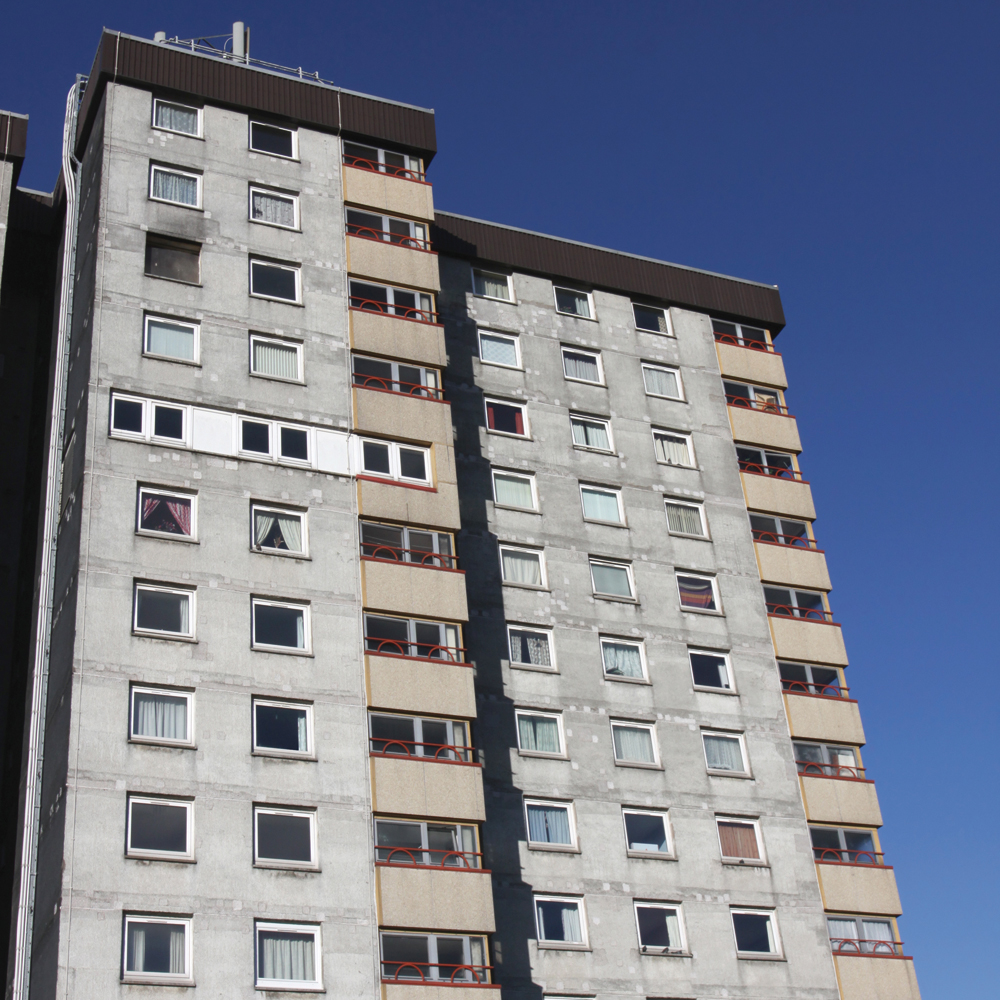Insurance
Probe into insurance bills for flat owners

Michael Gove has asked the Financial Conduct Authority (FCA) to investigate the buildings insurance market after leaseholders were hit by crippling costs in the wake of the Grenfell Tower fire.
Insurance costs for thousands of blocks of flats have soared in the wake of the fire which led to the discovery that many blocks of flats have numerous fire safety defects and are covered in dangerous cladding.
Some insurers are refusing insurance cover for people living in buildings deemed unsafe, while others are charging sky-high premiums.
Gove, the secretary of state for levelling up, housing and communities, has written to the FCA and Competition and Markets Authority (CMA) asking for an investigation into the sector.
In the letter Gove said he had been “extremely concerned to hear from innumerable leaseholders about the pressure they face from rapidly escalating building insurance premiums on high and medium-rise blocks of flats”.
He pointed to cases where insurance premiums had escalated by more than 100% year-on-year, leaving residents with “crippling costs” and said it was “clear to me” that the insurance market was failing some leaseholders.
Gove said he was “concerned to hear that many insurers seem unwilling to offer new policies, forcing people to shop in a more limited market place with more restrictive terms or less coverage; in many cases, trapping people with their current provider”.
Gove said the market lacks transparency and there is not currently useful data to explain the rationale behind the increasing premiums charged by insurers and the conditions associated with the cover.
He added that the role and remuneration of brokers, managing agents and freeholders is also unclear.
Typically, freeholders or their managing agents use brokers to arrange buildings insurance for blocks of flats. Brokers often receive large commission payments from insurers, which is routinely split with freeholders. Leaseholders get little say in the insurance cover purchased, or the price, but have to pay the entire cost.
Gove said his overall goals was there to be a “more affordable marketplace for buildings insurance that offers widely available and affordable cover for those who live in flats and other multiple-occupancy buildings”.
He asked the FCA and CMA to review the sector in order to shed light on the underlying causes of year-on-year price increases, and to assess the causes of the marked restriction in coverage available for multiple-occupancy buildings.
The secretary of state asked for initial feedback within three months and a full report within six months.
In a letter in response Andrea Coscelli, chief executive of the CMA, said: “The CMA has taken a close interest in issues affecting leaseholders, including those living in residential blocks. It is clear that high buildings insurance premiums are a source of significant concern for many residents. For this reason, I welcome the request you have made for the FCA, in consultation with the CMA, to look into this. As you note, strengthening our understanding of what is driving high premiums will be key to taking effective action to protect residents.”
James Dalton, ABI director of general insurance policy, said: “Insurers recognise and sympathise with the challenges leaseholders are facing in terms of the increased cost of buildings insurance and have been working with the government and FCA to identify options to assist leaseholders until the necessary remediation work has been completed. The cost of buildings insurance reflects the significant fire risks associated with many multiple-occupancy residential buildings, which go beyond cladding under a building control system that has been found to be ‘not fit for purpose’. We welcome this request to the FCA in the interest of helping resolve the issue for those affected and, alongside our members, will do all we can to assist.”